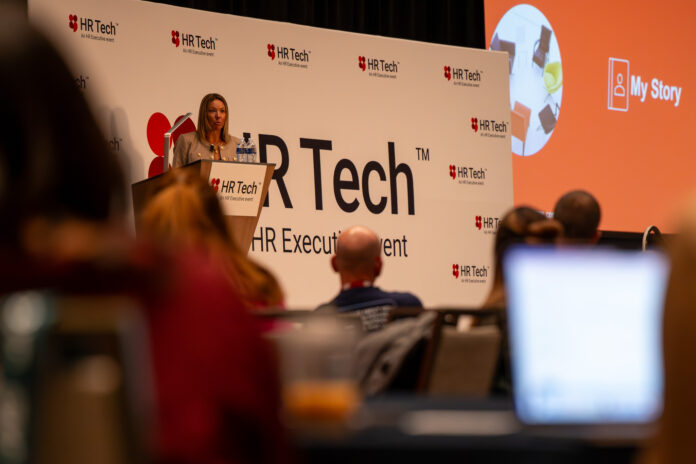Singapore fines companies which breached COVID-19 safety rules
- Charles Chau

This is despite repeated reminders from the authorities that working from home should remain the “default arrangement” to minimise the transmission of COVID-19 at offices.
The two most common offences were companies asking their staff to report to the office even though they could work from home and failing to put in place clear safe-distancing markers in common areas at the workplace.
The 42 companies were fined after MOM inspected 5,380 workplaces between September 28 last year and January 15.
Since the circuit breaker was imposed on April 7, the requirements for safe management at the workplace which took effect on September 28 was the most significant easing of restriction in workplace, including rules that employers must ensure that their staff continue to work from home for at least half their working time, and no more than half of employees who return to the workplace are there at any point in time.
In June last year, the ministry fined 52 companies S$1,000 each after they violated the safety rules. Seven workplaces were asked to close.
In December, MOM stepped up inspections on the transport and storage sector when increased activities were expected during the festive period.
Last month, the Singapore National Employers Federation, the National Trades Union Congress and MOM said working from home should remain the default arrangement to minimise the risk of COVID-19 transmission in offices.
The tripartite partners decided to delay further easing of workplace restrictions, citing the risk of new COVID-19 strains, which could be more transmissible, as well as the recent rise in virus cases in the community.
READ: Singapore’s resident employment rebounds to pre-pandemic levels
Currently, out of the four active clusters, three are linked to the workplace.
Companies from various sectors said they have gotten used to working remotely, although opinions differed on what is the ideal solution to post-pandemic workplace arrangements. Nonetheless, most agreed that a hybrid model would work best, according to The Straits Times.






